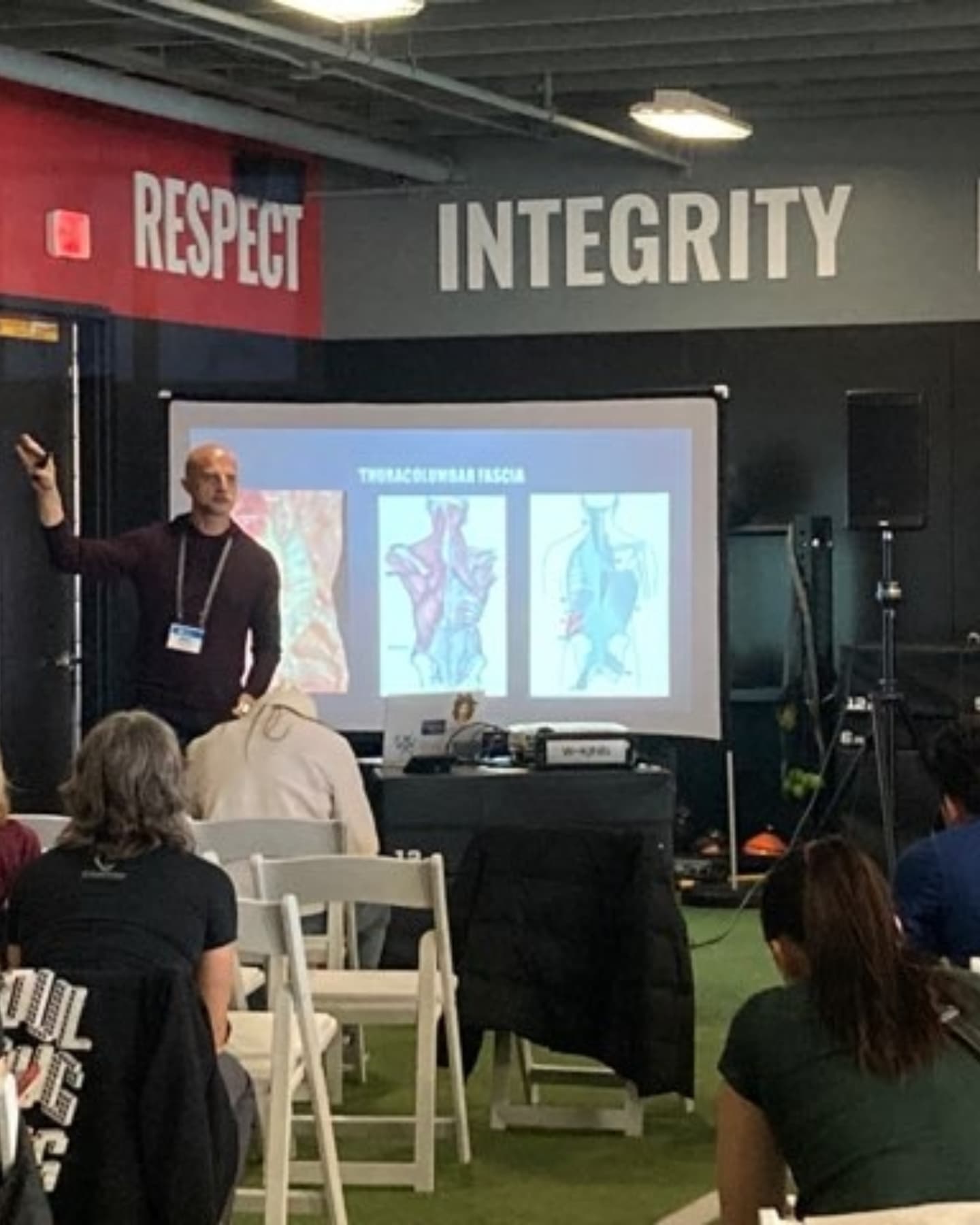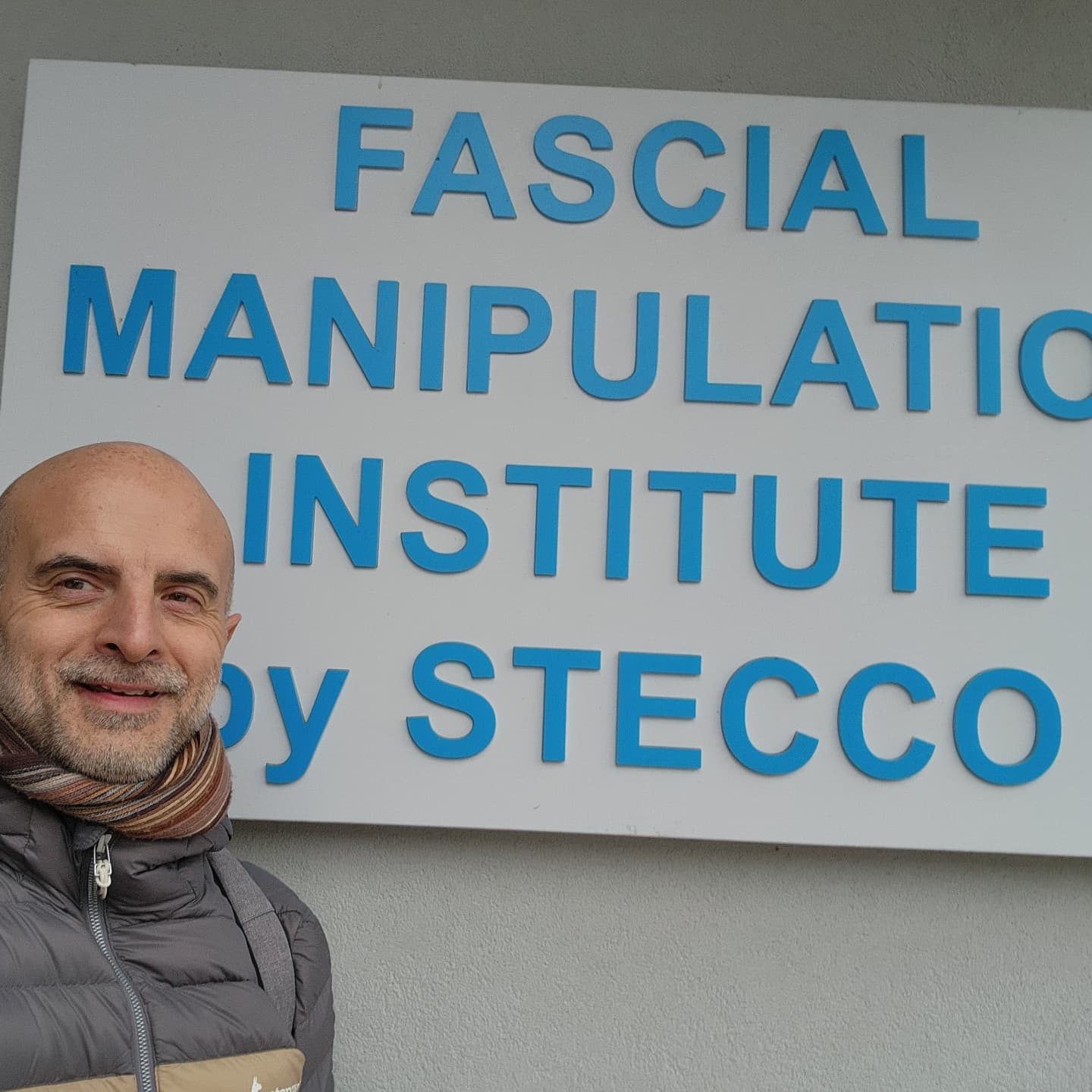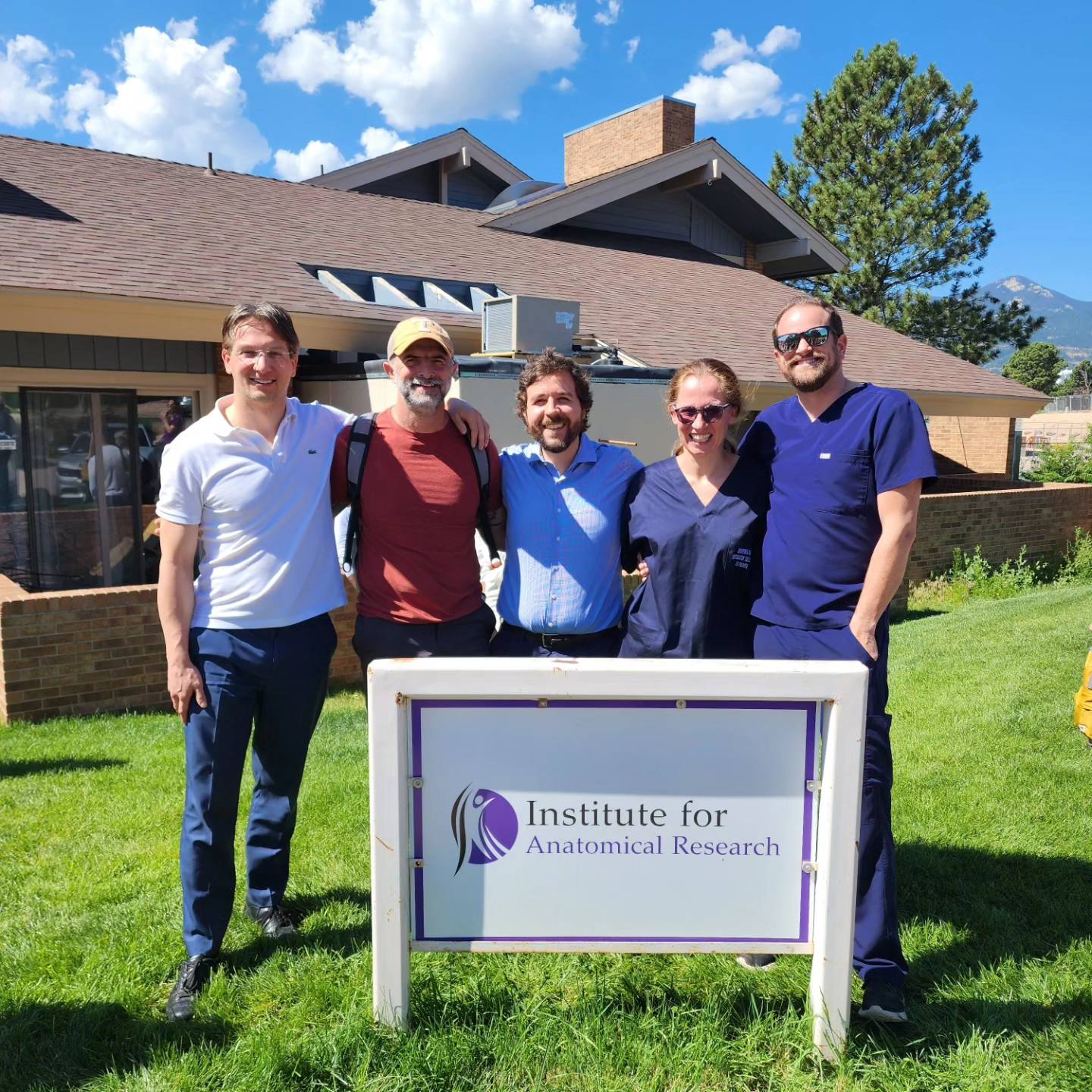We recently connected with Mike Edwards and have shared our conversation below.
Mike , thanks for taking the time to share your stories with us today Was there a moment in your career that meaningfully altered your trajectory? If so, we’d love to hear the backstory.
A couple of years ago I went to Fascial Dissection course under the tutelage of Antonio and Carla Stecco. The Steccos are the tip of the sword when it comes to fascia research, not to mention that their father, Luigi, created a methodology called Fascial Manipulation which might be one of the most powerful holistic modalities available to us as health professionals in this space. You see when I was physical therapy school 20 years ago, we simply dismissed the fascia as a inert connective tissue. However, the Steccos research and recent developments in histological staining, as well as dynamic imaging using ultrasound, have proven that fascia’s role in the body is far greater than we ever imagined. As a result of attending that course, I have spent countless hours over the past 2 years reading books and studying research articles about fascia. In fact, I have enrolled in the International Fascial Manipulation School because I believe in the methodolgy that much. The school is a 3 year hybrid program that includes monthly webinars, independent research, and on site internships 3 times a year at their institution in Padova, Italy.
As it turns out, the fascia plays a huge role in sensation, proprioception, and protecting some of our most vital structures, all while having the ability to create electrical impulses through mechanical forces via the piezoelectric effect. The body wide network communicates crucial information that allows us to orientate in space and when it there is deficit in it’s ability to move appropriately, the system starts to break down. Most pain complaints arise from this lack of fascial mobility, although conventional medicine doesn’t necessarily agree with that stance.
I’m confident integrating the Fascial Manipulation Method into my clinical practice, along with the use of dry needles and musculoskeletal ultrasound, will elevate the PT experience here in Las Vegas.

Great, appreciate you sharing that with us. Before we ask you to share more of your insights, can you take a moment to introduce yourself and how you got to where you are today to our readers.
As a physical therapist, I generally help people find solutions to pain. I help people recover from injuries. I spend most of my time educating my clients about anatomy and how the physiology responds to our stimulus each session. You see, I can’t fix anyone. However, we can create change in the system with the proper dose of stress and recovery. Some people have no idea what it’s like to be injured. Getting over an injury can be difficult. It’s even harder when you have to go at it on your own.
Do you think you’d choose a different profession or specialty if you were starting now?
I can’t imagine doing anything else. Honestly, there are too many occurances that make it very difficult to believe I’m meant to do something different than helping people.
Here’s an example:
I applied to one physical therapy school. I didn’t think I had a chance of getting in, because of how competitive getting into grad school was. As luck would have it, I had the chance to interview at the school. When the day of the interview arrived, I was ready with a few speaking points, that included discussing the military background of some the staff. I’m a military brat, so I wanted to find some common ground.
As the interview got underway, we finally got to my talking point about father’s military service and that I was lucky enough to go to high school in Nurnberg, Germany. Turns out, Gail, the person doing my interview, went to the same high school and graduated there too. What are the chances? One school. One interview. One coincidence. The rest is history.

Training and knowledge matter of course, but beyond that what do you think matters most in terms of succeeding in your field?
Stuart McGill coined the phrase, “the gift of injury”. I’ve been a martial artist for 20 years. Over those years, I’ve had a few bumps and bruises. I’ve also had to have ACL surgery. I believe that having my own experiences with injuries of varying degrees, including one that required such invasive intervention, have helped me to understand what my clients are going through. For those reasons, I have the ability to sympathesize and emphathize, which makes me uniquely qualified.
Contact Info:
- Website: https://www.mymovementpt.com
- Instagram: @Dr_physio_jitsu and @FasciAroundAndFindOut



